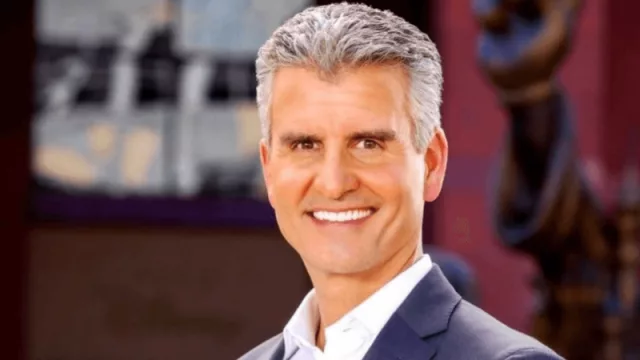Express Summary:
The survey conducted by Ipsos reveals the growing global concern about inflation and poverty, as well as other economic and social challenges. It is essential for political leaders and economic experts to work together to implement effective strategies and promote inclusive growth. Only in this way can we overcome the current crisis and build a strong and sustainable economic future for all. This recent analysis shows a growing trend month by month. This indicates that global organizational systems, political parties, and macroeconomic powers must undergo self-review.
The in-depth analysis of 2023:
Indeed, there are currently two issues that concern citizens worldwide the most: inflation and poverty. These results are the outcome of the survey 'What Worries the World?' conducted by the prestigious multinational market research and consulting firm, Ipsos, on a representative sample of 19,500 individuals in 29 countries during the months of January and February of this same year.
Among the most notable conclusions of this study, it is worth highlighting that 43% of the respondents stated that inflation is one of the "main problems their country is currently facing," while concern about poverty and social inequality received 32% of the mentions. It is noteworthy that there were also concerns expressed about other issues, such as crime and violence (27%), unemployment (27%), and corruption (25%).
Despite the fact that approximately a year ago, the coronavirus pandemic was the biggest global concern, surprisingly, it does not appear among the top eight concerns presented in the graph in this research. Instead, it ranks 12th: only 9% of the respondents stated that they continue to be concerned about this issue.
The international consulting firm, which tracks public opinion on the most relevant social and political issues month by month, also revealed in its study the citizens' perception about the development of their respective countries. In this regard, nearly two-thirds (62%) of the surveyed population across the 29 states believe that their country is moving in the "wrong direction." However, researchers argue that people cannot be labeled as particularly "pessimistic" at this moment. Looking back at the situation of the last ten years, it is evident that the majority of the respondents have expressed their disagreement regarding their country's development.
"When comparing countries, there is a significant variability in the situation. None of the analyzed countries have such a pronounced sense of being on the wrong track as Peru and Argentina, where nine out of ten respondents show pessimism regarding the current direction of the country".
Among the six Latin American countries included in the study, Brazil, which earlier this year experienced anti-democratic protests, has the lowest percentage of dissatisfied citizens (44%). On the other hand, in Spain, six out of ten respondents believe that the country is going from bad to worse, reflecting the concerning economic and social situation. However, it is important to note that these concerns should not be interpreted as mere expressions of pessimism but as a clear sign of the need to effectively address the economic challenges facing countries today.
The COVID-19 pandemic has had an unprecedented impact on the global economy, and its effects have been exacerbated by factors such as war and the energy crisis. The recent bankruptcy of major banks has generated even more uncertainty and contributed to global financial instability and poured further fuel onto the fire of instability.
In this context, it is crucial for political leaders and economic experts to implement effective strategies to combat inflation and poverty, the two main issues plaguing citizens. Inflation erodes people's purchasing power and undermines economic stability, while poverty and social inequality pose a threat to social cohesion and sustainable development.
Concrete measures need to be taken at both the national and international levels to address these economic challenges. Careful planning, sound fiscal policies, and effective coordination among countries are required to promote inclusive and sustainable economic growth.
Attention must also be paid to other concerns raised in the survey, such as crime and violence, unemployment, and corruption. These problems significantly impact people's quality of life and require decisive action by authorities.
Important tips:
Ultimately, it is crucial for citizens to actively participate in the debate on economic policies and demand transparency, accountability, and concrete measures to address current challenges. Only through a comprehensive and collaborative approach can we overcome the global economic crisis and lay the foundation for a prosperous and equitable future.
This is a time where politics and ideology must set aside modes, fanaticism, bureaucratic procedures, and unrealistic thought patterns that are far from reality. This is also a call for a self-review by global organizations whose idle and bureaucratic structures, far from helping to improve the world, serve as instruments for obvious powers that are disconnected from finding global solutions and seem to be solely interested in certain lines of thinking.
It is time for a great human altruism put into practice. Perhaps like never before, the powers of the world need to self-reverse and become much more noble and compassionate.












Tu opinión enriquece este artículo: